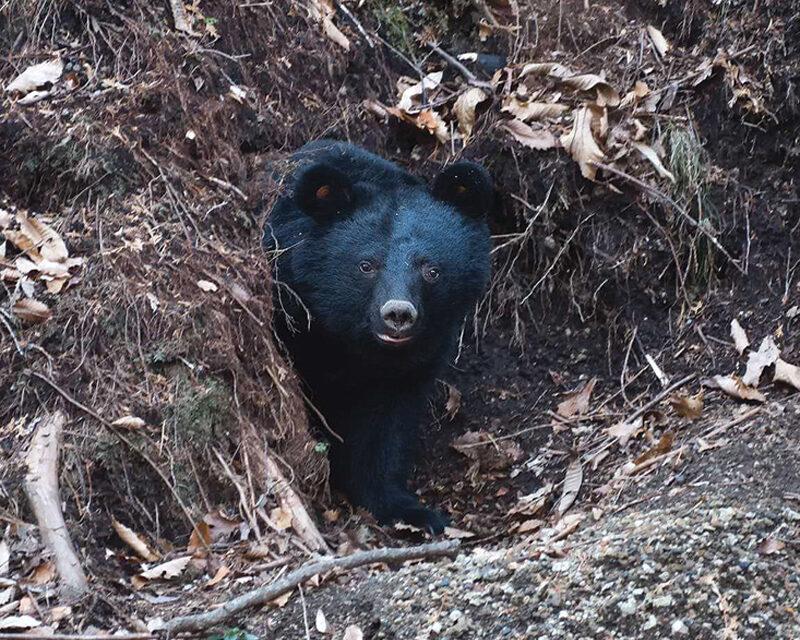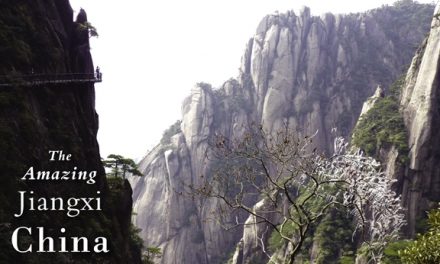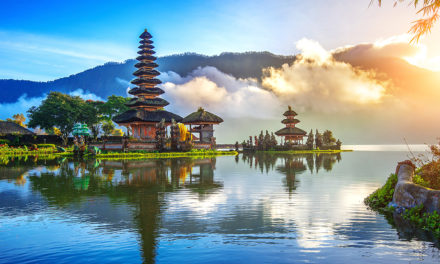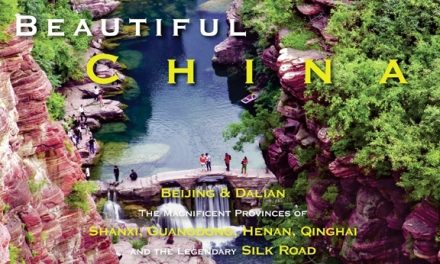Japan
Marking Earth Day in Japan: Picchio
While Earth Day is celebrated around the world on April 22, 2024, the occasion carries special meaning in Japan. There, it reflects long-held values and is an essential reconfirmation of the trend toward eco-tourism and sustainability. Japanese culture and traditional spirituality are rooted in nature worship, and tourists might be surprised to know that, beyond Tokyo’s excitement and neon lights, 68.5% of Japan is forested. This unspoiled landscape provides an incredible range of opportunities to experience Japan’s unique, biodiverse nature.
Travelers seeking authentic, immersive experiences in natural environments that provide real meaning beyond mere sightseeing will find them in Japan. The robust Conservation and Nature Restoration efforts undertaken by Japan’s Ministry of the Environment (in cooperation with local communities) have been effective in maintaining Japan’s natural beauty to meet those needs. Below, we shine a spotlight on one of the organizations offering exceptional eco-tourism experiences for the green-at-heart traveler.
Picchio Wildlife Research Centre
A highlight of any visit to the beautiful town of Karuizawa, Nagano Prefecture, where Tokyoites choose to vacation in summer, is a stop at Picchio Wildlife Research Centre. Picchio’s tours include hikes into the wild against a stunning volcanic backdrop to observe the Asiatic Black Bears in their home environment. Travelers experience the extraordinary beauty and pristine nature and wildlife of the forests and alpine shrubs that define this region of Japan. In the Ainu culture of northern Japan, the Asiatic Black bear symbolizes loyalty, wisdom, and strength. These beautiful animals coexist in various habitats across Japan and their protection is a top priority. The conflict countermeasures used by Picchio include radio transmitter collars on bears to understand their behavioural patterns, and use this knowledge to direct them away from human traffic. Picchio’s goal is to educate both bears and humans about coexistence while also preventing the loss of majestic ecosystems.
Shiretoko National Park, UNESCO World Heritage Site
Picchio has established a second site in the pristine Shiretoko National Park in Northern Hokkaido. This is one of Japan’s most diverse landscapes: mountainous, often snowy, and famous for its hot springs (and their simian patrons). Tours here include total immersion into the magnificence of northern Japan’s nature in spring, summer and fall. In winter, drift ice walking tours are a 360° experience, from walking on plateaus of drifting ice to diving beneath the icy water with a specialised aqua scope, all while enjoying the breathtaking panoramic views around you.





